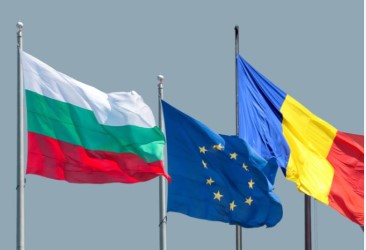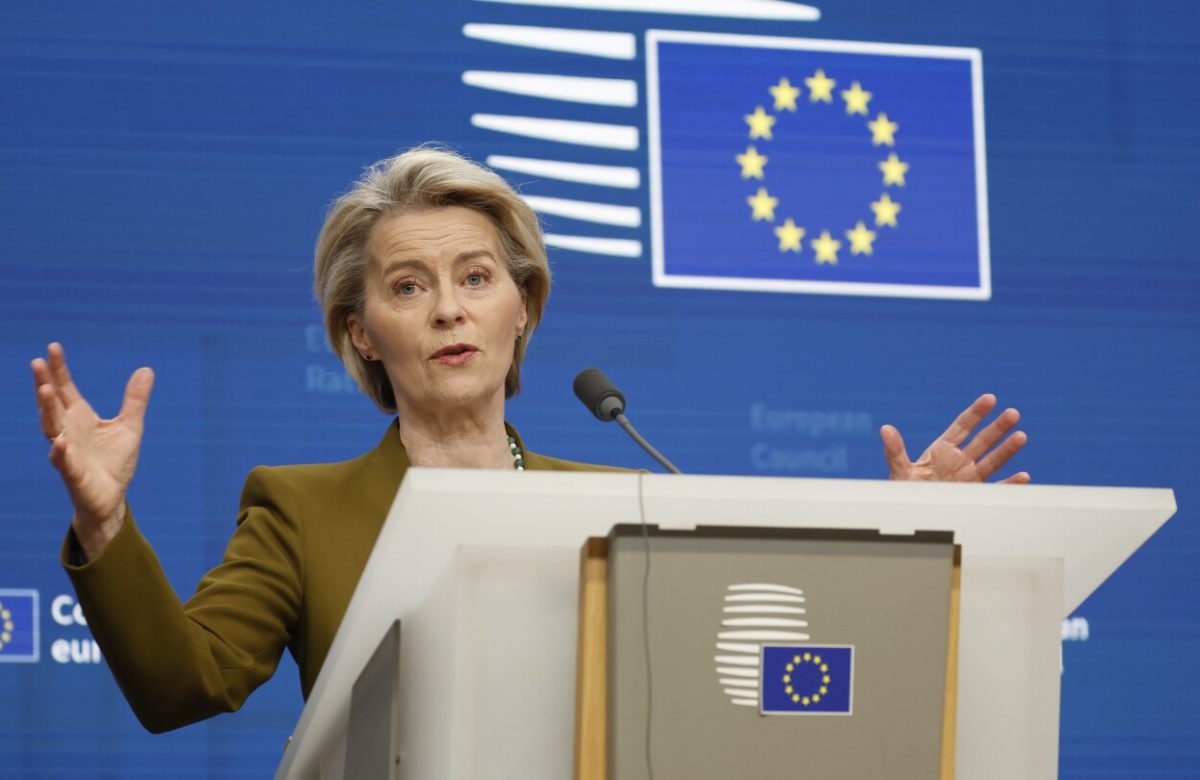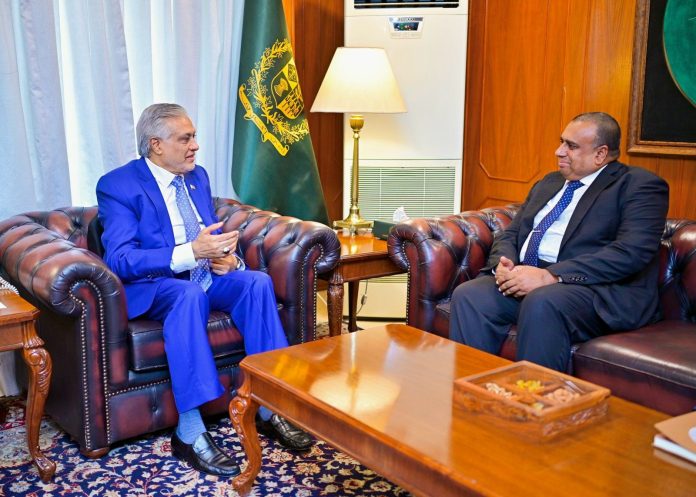
Bulgaria and Romania Celebrate Full Membership in Schengen Area
- Diplomatic NewsWorld News
- January 1, 2025
- No Comment
Bulgaria and Romania celebrated their full integration into the Schengen Area on New Year’s Day, ending years of negotiations and marking a significant step forward in their European Union membership. The event was commemorated with ceremonies at key border crossings, symbolizing the end of ID checks between the two countries and the rest of the Schengen zone.
In Bulgaria, Prime Minister Dimitar Glavchev presided over a symbolic moment at the Kulata border crossing with Greece, lifting the barrier as part of a celebration that recognized the collective efforts of the country’s border police, military, and European allies. “Today is a historic moment,” Glavchev declared, noting the importance of unified efforts in safeguarding the EU’s external borders from Greece to Finland.
At the stroke of midnight, Bulgaria’s and Romania’s interior ministers met at the Ruse-Giurgiu border to mark the formal opening of the frontier. In a further gesture of unity, a brief ceremony was also held at the Hungarian-Romanian border, with senior officials from both nations highlighting the positive implications of the newly opened borders.
The two countries, home to 25 million people, have now joined the 29-nation Schengen Area, which includes most EU states as well as non-EU members like Iceland and Switzerland. For the first time, citizens of Bulgaria and Romania will enjoy the freedom to travel across the Schengen zone without passport or identity checks, a significant change after years of waiting in long queues at land borders.
Although Bulgaria and Romania partially joined the Schengen Area in March 2024, open travel had been restricted to air and sea routes. This full membership, following a long and complex journey, was officially approved by the European Commission in December 2024. The development signifies that both countries are now able to fully exercise their rights as EU members, offering their citizens and residents greater mobility.
This shift is expected to enhance regional cooperation, foster tourism, and ease travel between countries, particularly between Romania and Hungary, where historical tensions have often affected movement. The lifting of border restrictions will also benefit the 1 million ethnic Hungarians living in Romania’s Transylvania region.
As Bulgaria and Romania embrace their new status, random border checks will be conducted for six months to combat criminal activity, particularly in larger vehicles. Despite the removal of passport controls, security remains a key priority for the EU’s borders.







